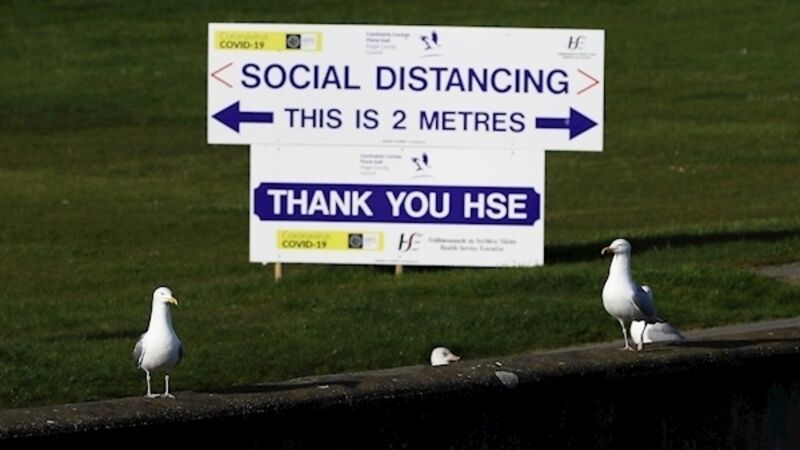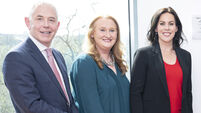'There will be casualties': Decisions facing Govt 'most difficult' in 100 years

Associate Professor and Head of the Department of International Health and Tropical Medicine at the Royal College of Surgeons in Ireland (RCSI), Professor Sam McConkey has said that the decisions facing the government are the most difficult in the past 100 years.
The key questions are going to be what businesses should be supported and in what way. “There will be casualties,” he warned.













